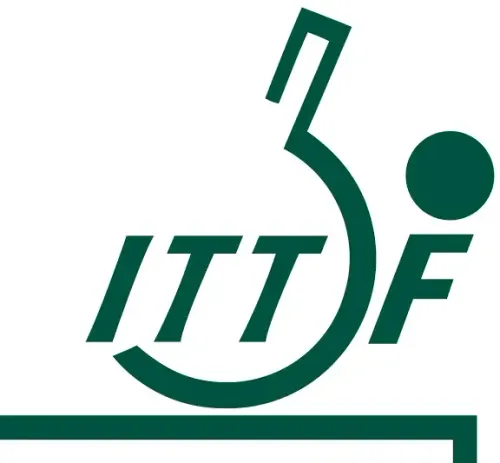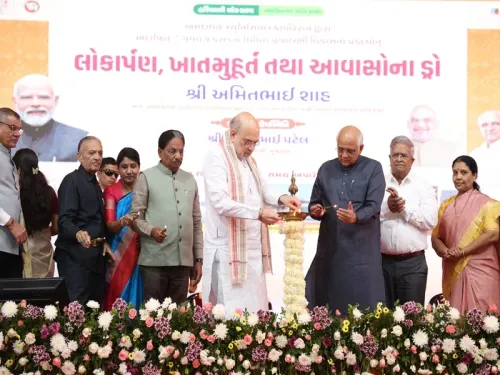India's Role in Shaping the New Global Landscape, Asserts FM Sitharaman

Synopsis
Key Takeaways
- India's role in the global reset is crucial.
- Trade and technology are key components of the new world order.
- India should strengthen bilateral relationships with various countries.
- The country aims to enhance its manufacturing capabilities.
- States must participate actively in economic reforms.
New Delhi, Feb 27 (NationPress) Finance Minister Nirmala Sitharaman emphasized on Thursday that India must assume a pivotal role in the "global reset" as the emerging world order will not be dictated solely by developed nations.
She stated, "Developed countries may possess the financial resources to invest, yet that alone will not suffice for them. Trade and technology are set to be vital components in the new global structure, and India must actively engage in this process," during a media briefing in the national capital.
She underscored India’s obligation to contribute significantly to this global reset while also striving to enhance its per capita income and position itself as a favorable business hub that promotes worldwide growth.
"India is strategically positioned in terms of technological advancement. We have the potential to lead in various technology sectors. Our capability to deploy technology at scale has been validated on numerous occasions," FM Sitharaman remarked.
"Furthermore, India can offer support to allied nations with which it seeks to bolster bilateral relations. It can also spearhead the formation of a global technology consortium. With India's guidance, such a consortium can effect substantial global changes," she added.
The Finance Minister noted that the influence of multilateral institutions is waning. Consequently, for many nations, bilateralism has become a priority by choice and necessity. She emphasized that India must enhance its bilateral ties with various countries, not only for trade and investment but also for strategic partnerships.
She cautioned that India cannot progress if it continues to view itself as a nation stuck in the era of British colonialism.
"Thus, we are resolute in our aim to boost Indian manufacturing. We will facilitate the import of products that contribute positively to our manufacturing sector," Sitharaman stated.
The Finance Minister also reiterated the importance of involving the states in the push for economic reforms. States are integral to India’s broader economy, which is essential for progress. Therefore, reform efforts should not be limited to the Union government but should be actively embraced by every state administration, she concluded.










